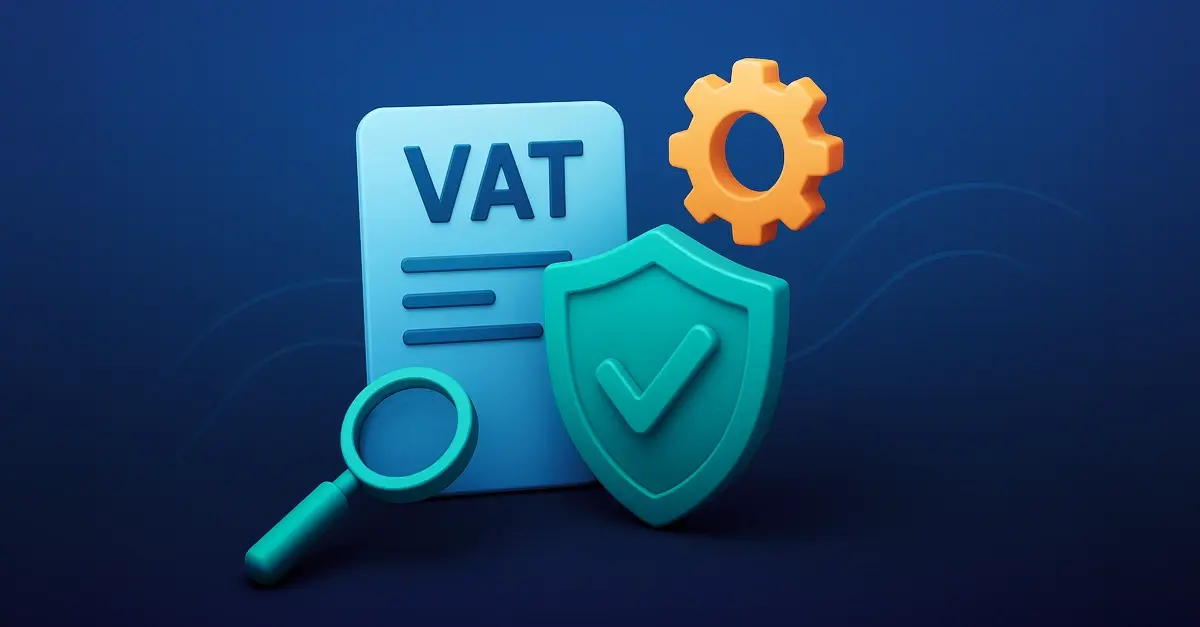Information technology is rapidly growing, and companies need to produce accurate and credible data. This is why data verification becomes very useful. Whether you are using customer data, financial info, or research data, it is always good to cross-check your information to avoid making costly mistakes and achieve a credible result.

Definition of Data Verification
Data verification is a process of verifying and confirming if data is accurate, complete, and consistent to ensure the data you have gathered, entered, or transmitted is reliable and devoid of incorrect data entries. There are many data types, like business or weather data, and data for public or private usage, but every piece of data can always be verified. Data verification can be undertaken regarding data, as you can also cleanse, enrich, validate data, and more.
Why Data Verification is important?
In any organization, data is the life wire for decision-making hence it should be accurate. Most organizations use information to predict customer habits, monitor cash flows, and improve performance. Failure to produce quality data results in undesirable decisions, costs, and potential harm to reputation when the data is incorrect.
Here’s why data verification is essential:
- Prevents Errors
Adding to that, one can detect errors early, guaranteeing that the information he or she uses is accurate. - Enhances Decision-Making
Accurate information produces good business outcomes. So if your information is right, then you can rely on the outputs and make sound decisions. - Ensures Compliance
Industries like finance and healthcare, especially strict regulations regarding data accuracy. Data verification helps in meeting these requirements of regulations.
Steps of Data Verification
If the data collected is as papers or files, then verification can be done by checking for signs of output data verification. Some common steps and data verification methods include:
- Manual Checks
In small data sets, it involves comparing input data to its source to understand. It meets the intended input format. - Automated Tools
Any big set of data can be checked automatically for compliance with general conventions or the initial input data because of the software tools. - Spot Checks
Even more crucial is using subsectors of massive databases for accuracy, which applies across the board
Explore how data verification works in our blog Data Verification Process.
What constitutes Data Verification?
To make data verifiable, it must possess these attributes:
- Traceability
There should be a link pointing back to the original data to ensure its accuracy. - Consistency
Data must match that of different records/Resources and no contradictions must be present. - Documentation
It is for this reason that in the verification process; it is important to have documented evidence of how the data was collected, stored, and processed.
Problems related to Data Verification
Data verification is a critical process, but it has some limitations, especially responding to new and complex data in an organization. Here are some key issues:
- Inconsistent Data Sources
Typically, data is obtained from a number of systems and in various formats, or even in formats that are developed and standardized in that organization. For example, one site may format dates in the format MM/DD/YYYY, while another might have it "DD/MM/YYYY." These create issues with verification because if the data sets do not match, this will create issues. Businesses require integrating their data so that if one platform has a distinct standard for it, then tools such as InfobelPro can help match the incompatibility.
- Scalability Issues in Large Datasets
While reaching middle management, the amount of data analyzed grows, and simple or, in fact, no verification becomes insufficient. Big datasets also need strong verification tools that can handle huge volumes of data and work with them with huge speed and efficiency. The scale of data makes it critically important to address data quality issues using cloud-based solutions and real-time verification systems.
- Integration Issues with legacy systems
In the business world, organizations face many integration challenges with legacy systems. Most organizations still employ their legacy system, which cannot fit seamlessly with the advanced forms of verification systems. These legacy systems are usually very inflexible and provide support for data verification. To deal with this, a company can either update the old systems or can use middleware platforms to enable access to the more innovative verification tools so that the data format of the output of all the systems is harmonized.
Why do we need Data Verification?
Data is the core of various activities in businesses, academics, research, and decision-making processes. Data accuracy shows that data is correct and reliable, which is useful for the effective operation of a business, eliminating mistakes, and making the right decisions. When there is no proper data verification, then the business is prone to making the wrong decision with the wrong data.
Feel free to check our offer right here: https://www.infobelpro.com/en/all-our-solutions as we provide tools and services that help businesses verify and enhance their data for better decision-making and compliance.
Conclusion
Data verification is an important part of data assurance and should be employed in any field and company. Besides applying the approach at the enterprise level, it acts as a check and balance for small data scenarios and covers all spectrums, eradicating costly mistakes, improving decision-making, and providing compliance with frameworks.





Comments